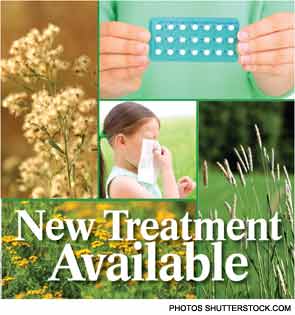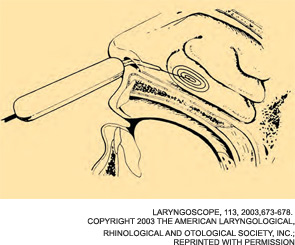How approval may impact treatment of allergy patients, otolaryngology practices


How approval may impact treatment of allergy patients, otolaryngology practices

Medications Oralair, Grastek, Ragwitek are designed to treat grass pollen-induced rhinitis, ragweed allergies
What are the risk factors for progression and airway intervention of angioedema after initial evaluation?
What is the optimum amount of reverse Trendelenburg position to reduce bleeding without compromising surgical technique in endoscopic sinus surgery (ESS)?
How safe and effective is subcutaneous immunotherapy (SCIT), particularly single allergen regimens, for treating allergic rhinoconjunctivitis and asthma?

Environmental pollutants, such as second-hand smoke, chlorine in pools, and pesticides are associated with greater risk for allergies, studies report
Organization offers education, research opportunities and funding
New Current Procedural Terminology codes, including codes for reporting pediatric sleep studies and intraoperative neurophysiology monitoring, are now available.


When patients with allergic rhinitis don’t respond to medical therapy, an otolaryngologist’s arsenal of treatment includes surgical options. Among these is radiofrequency (RF) turbinate reduction, also known as RF turbinate ablation or turbinoplasty, an office procedure that advocates say is cost-effective and minimally invasive, with fewer complications than other surgical remedies. Some otolaryngologists, however, are still hesitant to use this relatively new therapy.